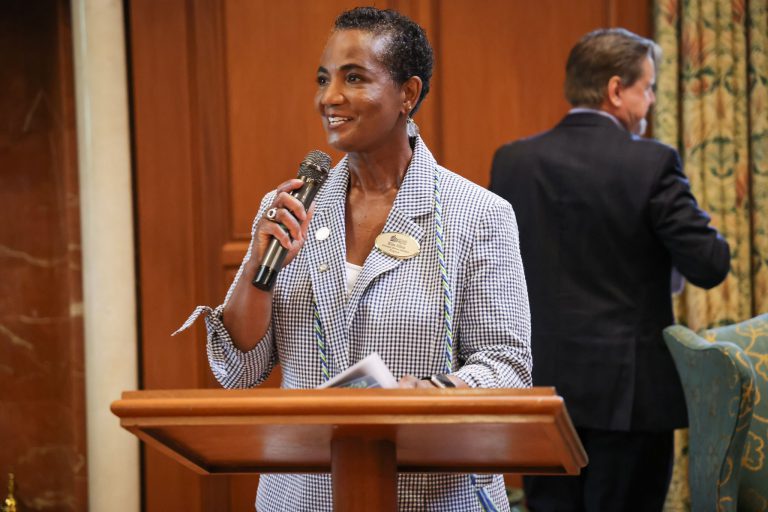Intersectionality has emerged as an important theoretical concept for examining intersecting social hierarchies and has garnered varying interpretations and applications in scholarly discourse. To help organize varied definitions of intersectionality that are commonly used in the social sciences, we propose a typology that distinguishes between primary, pragmatic, and pluralistic intersectionality.
Scholars are increasingly recognizing that allyship affects allies themselves. Although existing scholarship covers a multitude of constructs, most of the literature focuses on social evaluations and their effects on allyship persistence. We posit that the dual focus on social evaluations and allyship persistence has limited the theoretical insights and applied relevance of scholarship on the consequences of allyship for allies.
A panel recap from last month's Future of Digital Assets Symposium analyzed how fintech may be able to help create a more inclusive financial system.
Academics and business leaders shared a panel at our recent Frontiers conference, showing how each can offer insights to help one another develop a broader, shared understanding of changes in the labor market.
Why do firms offer non-wage compensation instead of the equivalent amount in financial compensation? We argue that firms use nonwage benefits, specifically female-friendly benefits, such as maternity leave, to increase gender diversity by efficiently attracting women.

A New Approach to DEI, and Why the Time Is Right
UNC Kenan-Flagler Business School Professor Al Segars and co-author Anselm Beach have written about their new model for developing diversity, equity and inclusion in an organization, the Values/Principles Model, in the most recent issue of the MIT Sloan Management Review. At a time when recognition of DEI’s benefits has become widespread, their approach gives leaders the tools to create real change that will allow their whole companies to prosper. Learn more by clicking below.
Mark Little, executive director of the Kenan Institute-affiliated center CREATE, provided expert testimony in a process that resulted in a May 11 settlement agreement regarding contracting and hiring practices for Dominion Energy’s $9.8 billion Coastal Virginia Offshore Wind renewable energy project.
Kenan Scholars Director Kim Allen is among the winners of UNC’s annual Diversity Awards, presented to individuals and groups who have given their time and effort to further diversity, equity and inclusion at the university and in its surrounding community.

Strategies for Diversifying Corporate Leadership
Firms continue to strive for greater representation on corporate boards. One California law, attempting to mandate such greater representation, has encountered a recent setback. Two experts discuss obstacles to more diverse corporate leadership and offer approaches for surmounting them.

Remote work seems likely to continue in a post-pandemic world, if employees have their say. In this week's insight, our experts highlight how businesses can rethink workspaces and better engage and involve employees in the office and those working from home.

Creating Better Futures Through Economic Development
CREATE, an economic development center at the institute, worked with civic and business leaders in Rocky Mount last summer to plan a Black Business Matters District downtown in an effort to address the racial wealth gap in the area. Executive Director Mark Little will join CREATE’s Rocky Mount partners on a panel at 9 a.m. on Thursday, March 24 to share their work as part of Carolina’s Engagement Week.
The Institute for Private Capital’s newly-released interactive model that aims to help private equity leaders assess diversity, equity and inclusion (DEI) goals was featured in a report by Ernst & Young.







